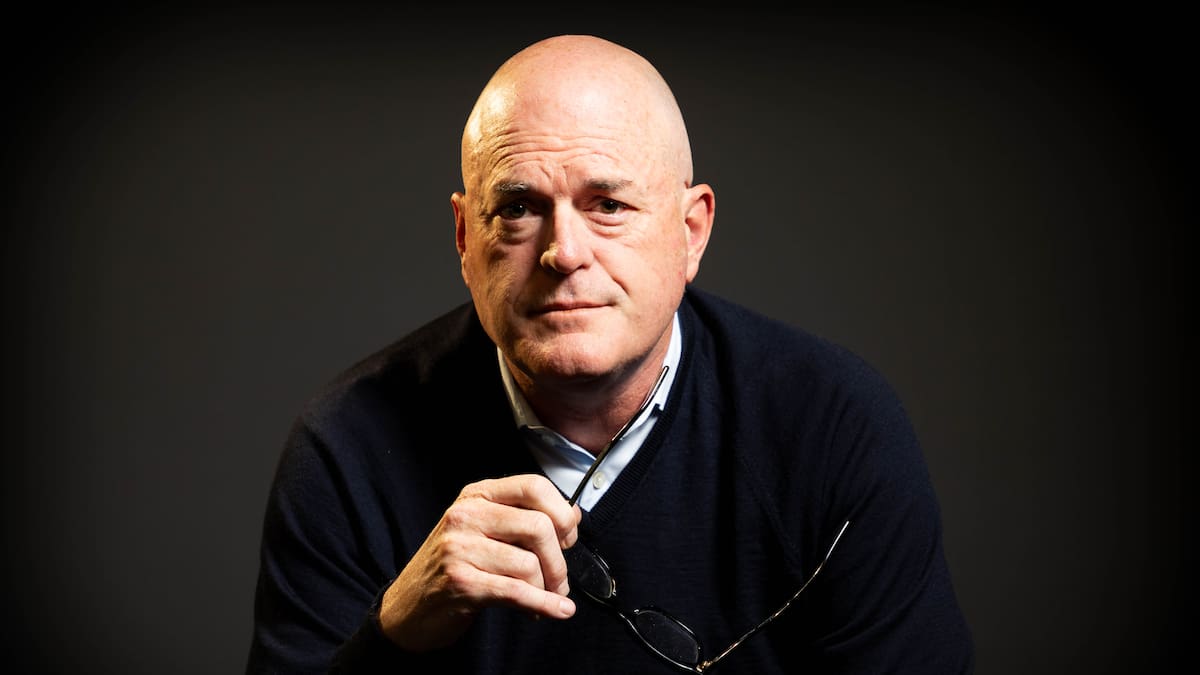Todd Muller and wife Michelle after he stepped down as leader of the National Party in 2020. Photo / George Novak
Recovery, I have learned, is not a straight road from pain to peace. There is no magic switch to return life to what it was. It is uneven, lumpy, full of unexpected dips and surprising peaks. I have been extraordinarily well supported – by my family, my doctor, my counsellor and by national figures like Sir John Kirwan and Mike King, whose courage in speaking out has inspired me. Because of that support, I now know deep moments of peace and reflection that eclipse anything I felt before my breakdown.
And yet, and yet … it still takes work.
At the worst point, it was just me and my mind, trapped in a loop of horror, helplessness and inertia. Today, it is still just me and my mind. The difference is that I now have tools and techniques to help navigate when my thoughts and emotions run counter to what I expect or want.
Todd Muller in the House. Photo / File
Anyone who has been on this journey knows that being able to “sit with” the unwanted – the turmoil, the intrusive memories, the uncomfortable emotions – is part of recovery. Letting them wash over you, knowing that they will eventually recede, is how you find your footing again. But that doesn’t mean it’s easy. I am still a work in progress.
In the years after politics, I was often asked to tell my story – to describe the collapse, the rebuild and why I chose to step away. I agreed, hoping my honesty would help others. And it seemed to: audiences were moved, conversations opened up.
Todd Muller on Mental Health Awareness week. Photo / Alex Cairns
But each time I retold it, I also relived it. I went back to the dark places, again and again, and it left me drained and raw. Eventually, I chose to step back. To protect my own health, I needed to focus less on re-entering the pain, and more on living in the present.
That is why Mental Health Awareness Week remains a challenge. I welcome it wholeheartedly – our national conversation is miles ahead of where it was a generation ago. What would once have ended careers and friendships is now met with empathy and support. That is genuine progress, and a week-long spotlight on what more needs to be done should be encouraged.
But I also suspect I am not alone in finding the week itself difficult. The sheer volume of stories, campaigns and reminders can stir feelings we would rather not reheat. Sometimes, when asked “How are you?”, we simply don’t have the energy to go deep. Sometimes “I’m okay” is the best we can manage. Sometimes talking about something else is a healthier choice.
What really helps, I think, is what happens after. Check-ins during Awareness Week are valuable. But the check-ins that truly make a difference are the ones that come later, when the spotlight has moved on. Because it’s in the quiet weeks, when the struggle is silent and internal, that a phone call, a coffee or a message can bend the mind back toward peace.
We all love our reheat moments. But when the reheated memories are heavy, painful ones, what matters most is not facing them alone. That’s when the quiet support of others can transform unwanted memories into steps toward healing.
Todd Muller was the MP for Bay of Plenty from 2014 to 2023
Sign up to Herald Premium Editor’s Picks, delivered straight to your inbox every Friday. Editor-in-Chief Murray Kirkness picks the week’s best features, interviews and investigations. Sign up for Herald Premium here.

